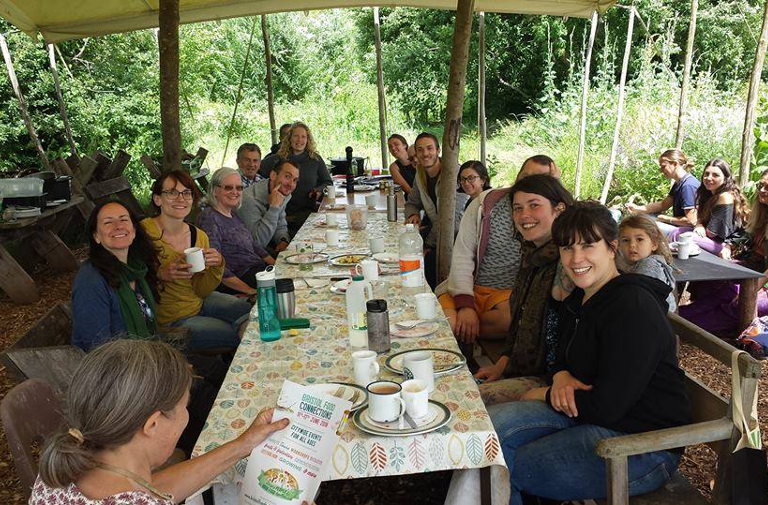June 20th 2021 marks the return of the international WLD campaign, which aims to galvanize the worldwide localization movement into a force for systemic change.
This movement is made up of myriad initiatives and groups on every continent working to rebuild community fabric, reduce ecological impact and increase human wellbeing, by bringing the economy back to the local level. Think farmers’ markets, permaculture, community gardens, small-business alliances, micro-grids, alternative education projects, and much more.
Over the last few decades, the growing localization movement has demonstrated enormous potential to reduce emissions and waste, increase productivity and jobs, improve social and mental wellbeing, and empower local communities.
Its champions have been those with the common sense to dedicate time, money and effort towards making local economies work, even in a world dominated by big corporations and globalizing ideology.
In the wake of Covid-19, the need to localize became clear for all to see. People realized the importance of shorter supply-chains and community mutual aid. They reached out to neighbors, planted seeds, and prioritized spending time with loved ones.
It was in this context that World Localization Day was born. Last year’s event included contributions from the likes of Jane Goodall, Russell Brand, Vandana Shiva and Brian Eno. People tuned in from 123 countries.
This year, the campaign is decentralizing and diversifying, as it gets taken up by groups all around the world. From Zimbabwe to Japan, Mexico to the UK, people will be celebrating and raising awareness about the power of local economies by running hands-on workshops, street protests and conferences.
Local Food Feasts
This year’s event is particularly focused on local food economies. In the words of event-organizer Helena Norberg-Hodge, “strengthening the local food economy is the thing we can all focus on to build a better world.”
By localizing our food systems, we can:
- Produce much more (and better quality) food per acre and thus reduce the human ecological footprint
- Strengthen local supply-chains and bolster food security
- Support job-rich small farms and businesses
- Increase transparency, accountability and ethical production
- Reweave the fabric of community – the fabric on which social cohesion and healthy individual identities are built
- Cut out the outrageous waste, resource-use and emissions inherent in the global food system
- Stimulate diversification on the land – healing ecosystems, rebuilding soils and drawing down carbon
- Strengthen place-based knowledge systems
- Strengthen indigenous/community land-rights
- Reconnect to Nature and serve the living world.
A Local Food Feast can be hosted by anybody and everybody who’s interested. They will celebrate local traditions and connect communities with local farms, even as they create conversations about macro-level economic transformation. They will therefore be a powerful symbol of a diverse and decentralized but united movement.
In the words of Russell Brand: “We are the world, but we are local.”
So how can you get involved?
- Tune in to World Localization Day online. From June 15th – 20th, join talks, panels, workshops, short films and discussions, featuring localization leaders, stories and experiences from around the world.
- Host or join a Local Food Feast! In June, bring the global movement to your community by hosting a local food feast. These can be as small as a family dinner or potluck with friends, or as large as a neighborhood street feast.
- Check out our partner events happening all around the world.
- Help spread the word! To keep awareness trickling up from the grassroots into the mainstream, we need the help of people like you, everywhere.
Teaser photo credit: “Local food feast” in the spirit of World Localization Day hosted by Pitchfork Cafe and Sims Hill Shared Harvest, September 2018. Source Sims Hill Facebook page.





